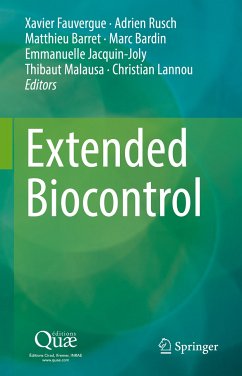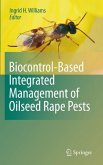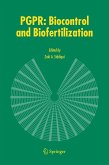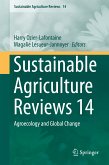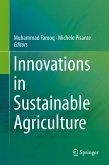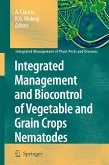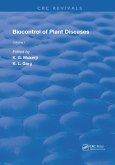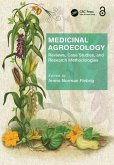This book outlines the theoretical foundations and practical applications of extended biocontrol. Strategies used to date have relied on the management of native natural enemies and the release of macroorganisms, microorganisms and semiochemicals. Current research is now seeking to optimize these strategies to make them more efficient and diverse. Discoveries of new active compounds produced by microorganisms or plants that are active against pests are proliferating, while managing the plant microbiota opens novel avenues to improve natural plant defences. Additionally, innovative agricultural equipment and organizational approaches are being developed to efficiently deploy biocontrol. Finally, significant efforts are being made to ensure that these extended biocontrol methods remain sustainable with regard to their positive and negative impacts on the environment and human health, the durability of their efficacy against target organisms, and their economic viability.
This comprehensive book, written by internationally renowned researchers, is aimed at a professional audience as well as any readers who want to learn more about pest management and how it relates to the agroecological revolution.
Dieser Download kann aus rechtlichen Gründen nur mit Rechnungsadresse in A, B, BG, CY, CZ, D, DK, EW, E, FIN, F, GR, HR, H, IRL, I, LT, L, LR, M, NL, PL, P, R, S, SLO, SK ausgeliefert werden.

